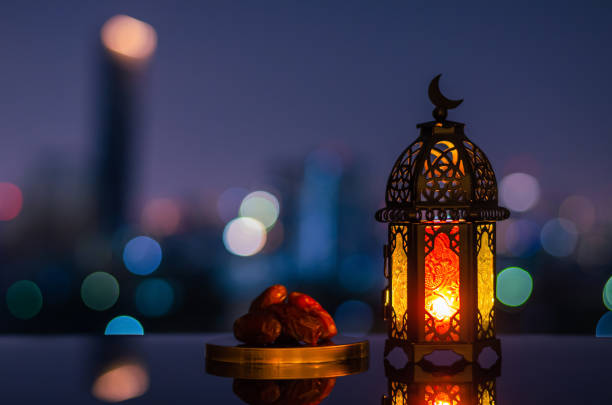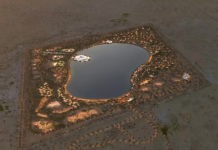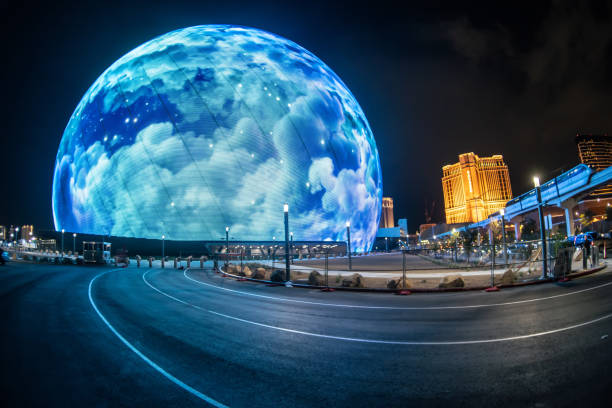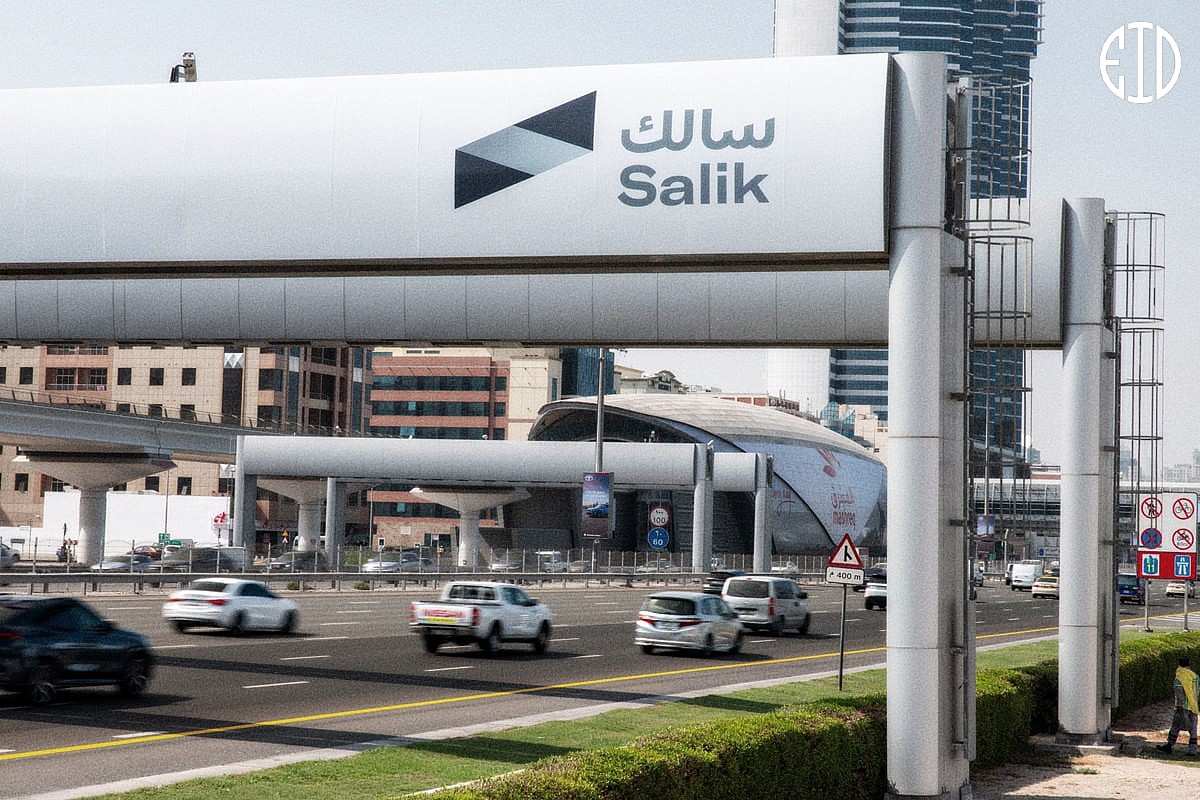During the holy month of Ramadan, the UAE undergoes a transformation marked by a sense of spirituality and a slower pace of life. As the fasting month approaches, the air is filled with greetings of ‘Ramadan Mubarak,’ signifying the beginning of a blessed period for Muslims across the Emirates.
The daily routines of residents shift, with changes in work hours, school schedules, and even parking regulations. Reduced work hours are common for both fasting and non-fasting employees, allowing them to participate in spiritual activities and cultural practices. The UAE government typically announces shortened working hours for both the public and private sectors. While some professions may require longer hours, most private sector employees enjoy a two-hour reduction in their daily work schedule. Public sector offices also close early, with employees working six hours instead of the usual eight.
Schools also adjust their schedules during Ramadan, with academic days shortened to five hours. However, this year, many schools will be closed during the first three weeks of the holy month, coinciding with either the spring break or the end-of-term break.
Paid parking hours are also adjusted during Ramadan, although specific timings are usually announced closer to the start of the holy month. Last year, Dubai implemented parking fees from 8 am to 6 pm and 8 pm to 12 midnight from Monday to Saturday, with two hours of free parking on weekdays. Similarly, Sharjah applied parking fees from 8 am to midnight from Saturday to Thursday.
While most restaurants and cafes in Dubai operate as usual during Ramadan, non-Muslims are not obligated to refrain from eating or drinking in public during the day. However, out of respect for those fasting, some individuals may choose to do so.
Iftar, the meal that breaks the day’s fast after the Maghrib call to prayer, holds significant importance during Ramadan. It is a time for family and friends to come together and enjoy a special meal. Many hotels and restaurants in Dubai offer special Iftar menus and feasts during this time, with enticing offers and discounts available.
Thanks to the reduced and more relaxed work hours, fasting Muslims are able to attend most of their five daily prayers at mosques. Mosques are often filled with worshippers, especially during the special Taraweeh prayers offered after the Isha prayer.












